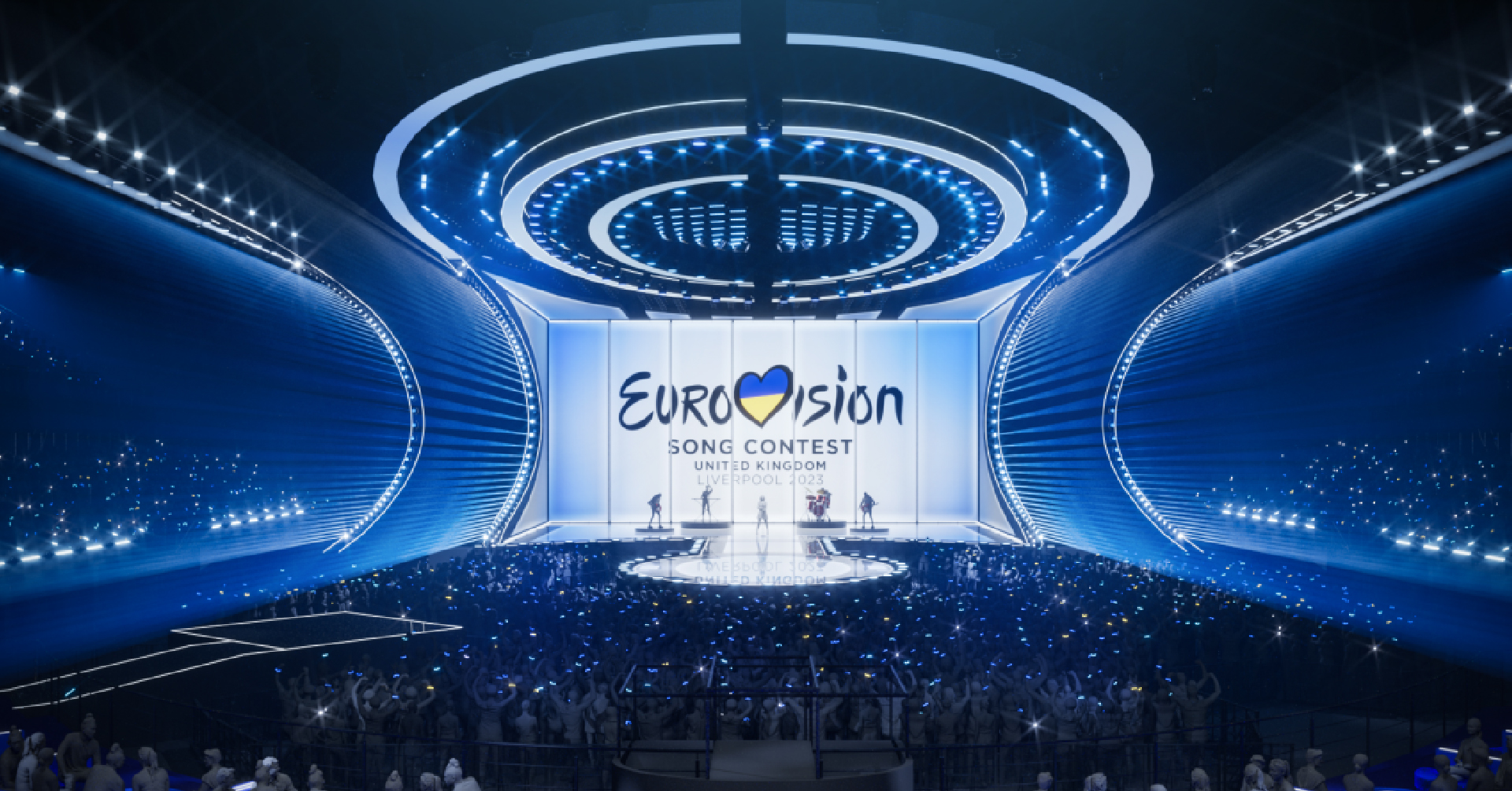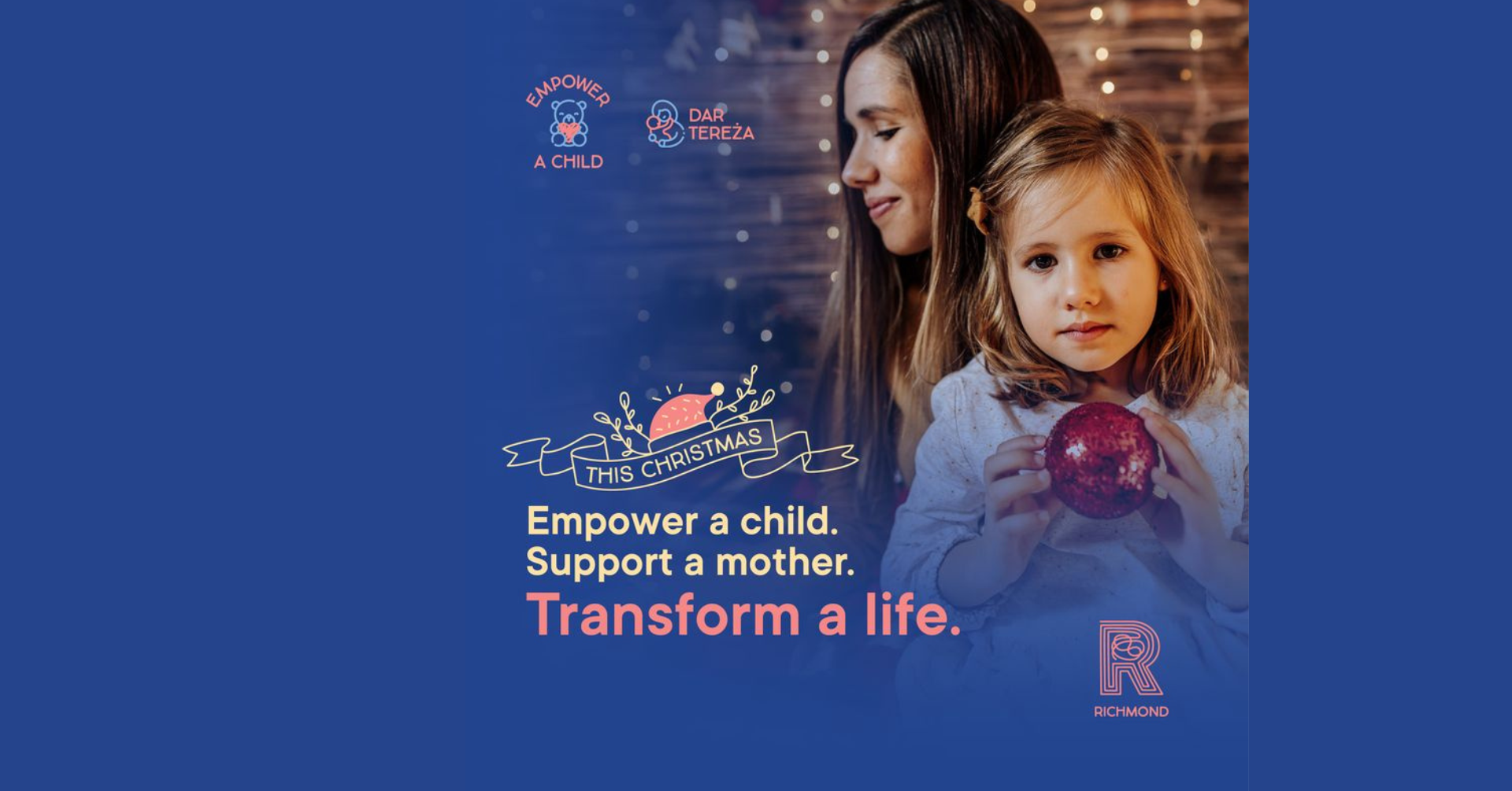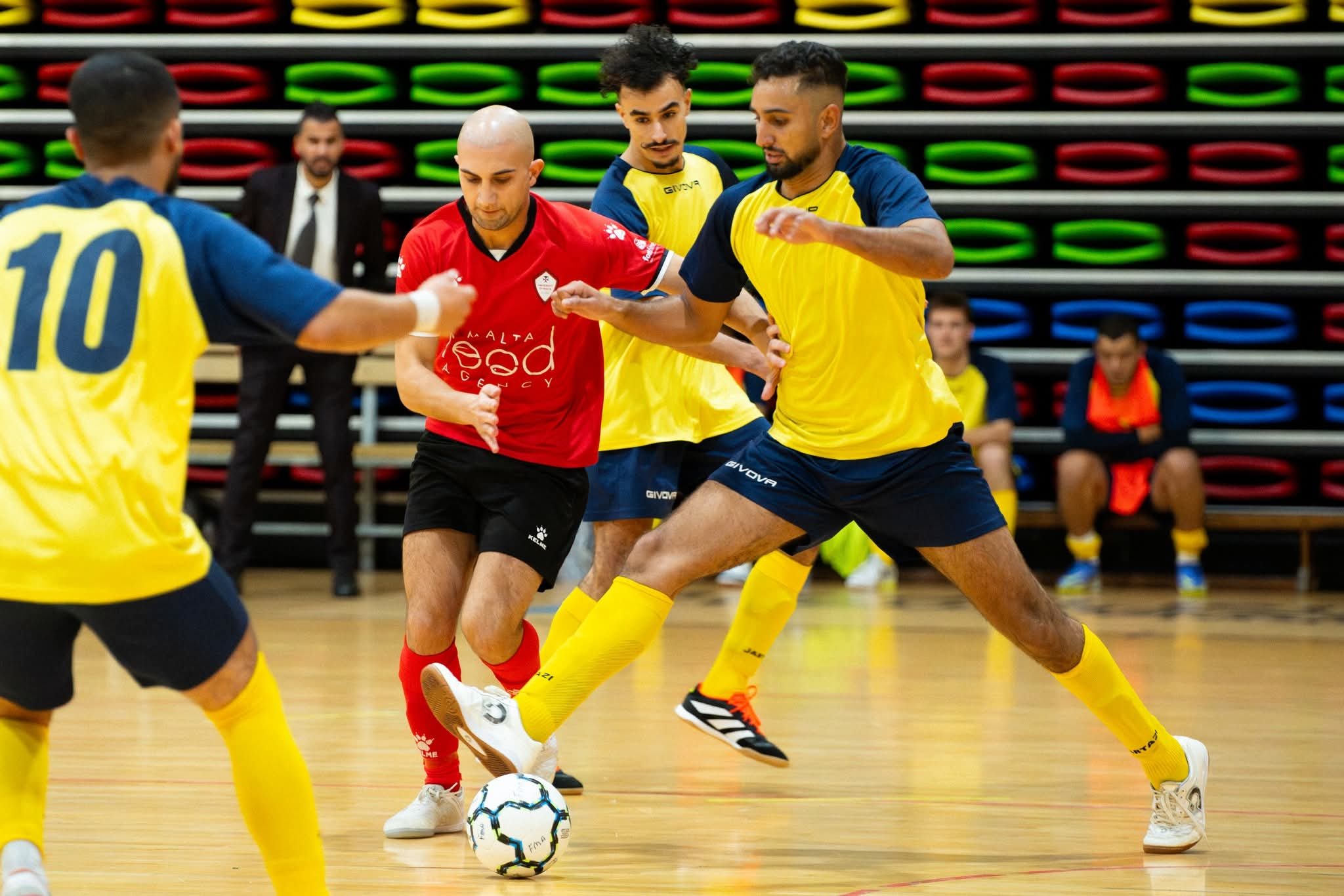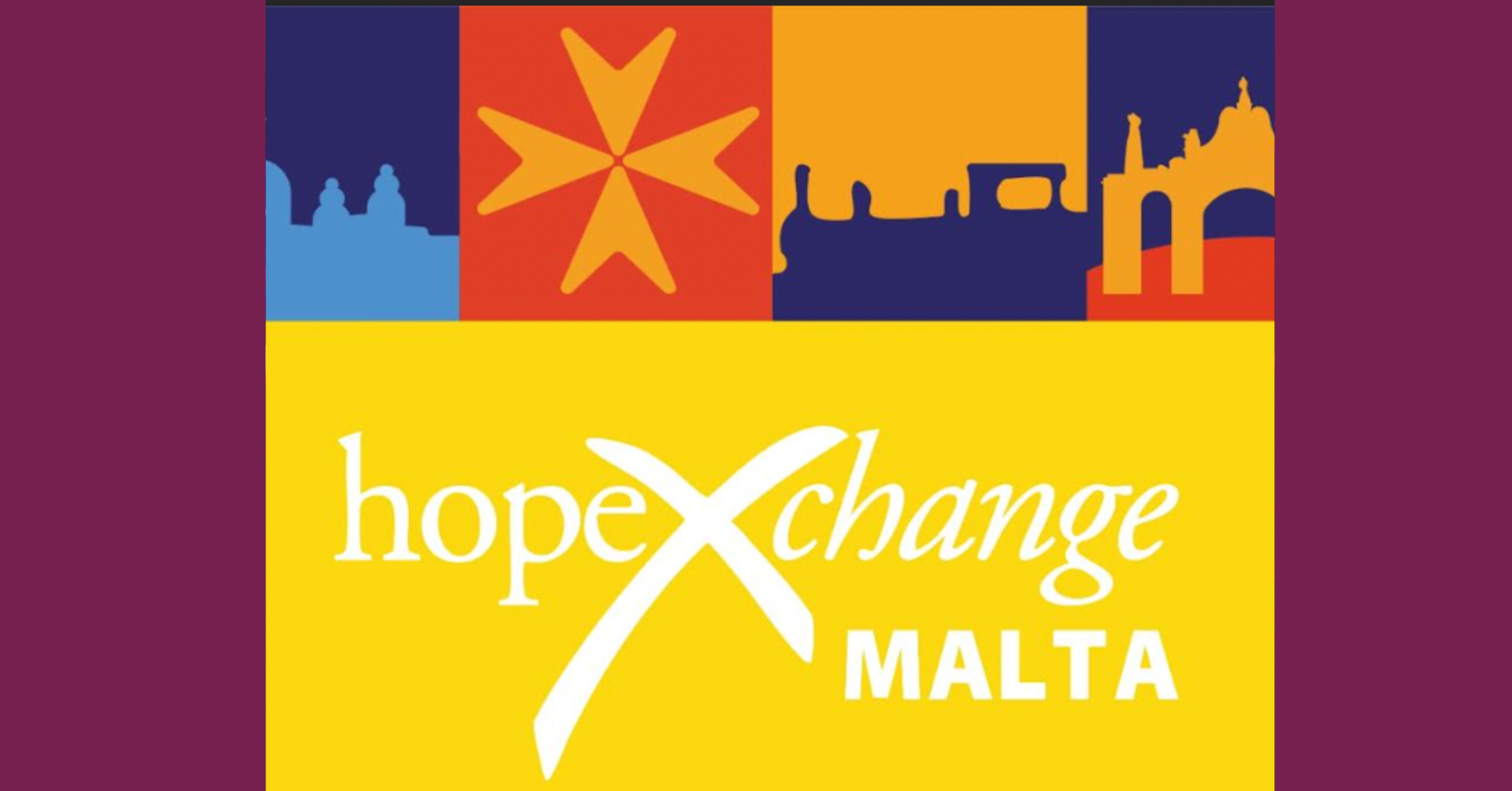Eurovision has a legacy of over 60 years!
Eurovision has represented over 1,500 songs from 50 countries on live television.
As expected, Eurovision has a rich history and a lot of interesting facts.
The History
The Eurovision Song Contest started in 1956 with only 7 participating countries.
This contest was the only time where each country presented 2 songs.
In the 1990’s more countries wanted to join and by 1993 and 1994, a record of 25 countries participating was set.
A pre-qualification was organised in 1996 to reduce the 29 participants to 23, and at the time the host country Norway automatically qualified for the contest as the 24th country.
These obstacles were resolved by 2004 as Eurovision introduced a Semi-Final.
Growing interest lead to the introduction of a second Semi-Final in 2008.
A record number of 43 countries took part in 2008 for the first time.
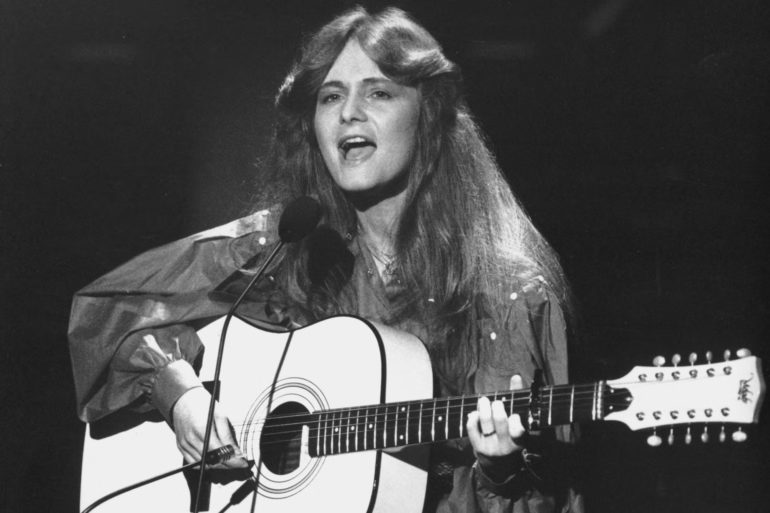
Facts
In 2006, Ireland’s Brian Kennedy delivered the 1,000th entry to the contest, titled Every Song is a Cry for Love.
At this point, to listen to all the Eurovision songs, it would take you nearly 72 hours non-stop.
In 2001, the record for the largest audience ever attended the Eurovision Song Contest was hit with almost 38,000 people gathered at Copenhagen’s Parken Stadium.
Ireland is the most successful country with 7 victories.
Sweden won the contest 6 times and Luxembourg, France, the Netherlands and the United Kingdom won 5 times.
Poland went on record as the most impressive debut in 1994, when Edyta Gorniak came second with To Nie Ja.
Norway has came in last for 11 times in 1963, 1969, 1974, 1976, 1978, 1981, 1990, 1997, 2001, 2004 and in 2012 but, they also won 3 times, in 1985, 1995 and 2009.
The Eurovision Song Contest took place 64 times and despite this, it has 67 winners.
This is because in 1969, 4 countries topped the scoreboard with an equal amount of points; the United Kingdom, Spain, the Netherlands and France and since there were no rules on how to resolve this situation, they declared that all 4 contestants won!
Rules on how to resolve a tie were introduced shortly after.
In 2015, the Eurovision Song Contest was recognised by the Guinness Book of World Records as the Longest Running Annual TV Music Competition.
2020 marked the first time the contest had to be cancelled in 64 years due to COVID-19.
ABBA is the most successful Eurovision Song Contest winner, the band won in 1974.
Domenico Mudugno‘s Nel Blu Di Pinto Di Blu, also known as Volare, is the most covered Eurovision song.
Johnny Logan won the Eurovision Song Contest 3 times, in 1980 with Hold Me Now, 1987 with What’s Another Year, and in 1992 he wrote Linda Martin’s winning song Why Me?
Until 1998, each act was supported by a live orchestra and every country brought its own conductor.
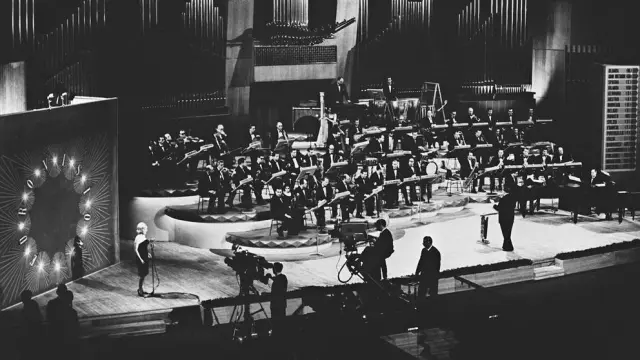
German songwriter and composer Ralph Siegel took part 24 times and he is known as a true Eurovision addict.
What About Malta?
Malta has participated in the Eurovision Song Contest 30 times since its debut in 1971!
Although Malta has never won the contest, we finished 2nd twice with Ira Losco’s 7th Wonder in 2002 and Chiara’s Angel in 2005, and 3rd twice with Mary Spiteri’s Little Child in 1992 and Chaira’s The One That I Loved in 1998.
Unfortunately, songs sung in Maltese failed to rank highly in the Eurovision but after a sixteen-year absence, we came back stronger than ever with eight consecutive top ten placings between 1991 and 1998.
In 2009, Chiara was the first Maltese artist to represent her country on 3 occasions.
Debbie Scerri, who represented Malta in 1997, had the “honor” of being the first Barbara Dex Award winner, however, the song finished in 9th place.
Despite this, Malta has failed to reach the top ten in 10 of the last 12 contests from 2011–2023, the exceptions being Gianluca Bezzina, who finished 8th in 2013 and Destiny, who finished 7th in 2021.
The 2023 Eurovision final will be held this Saturday, will you be tuning in? Let us know.
And make sure to stream all the Eurovision 2023 songs here!

